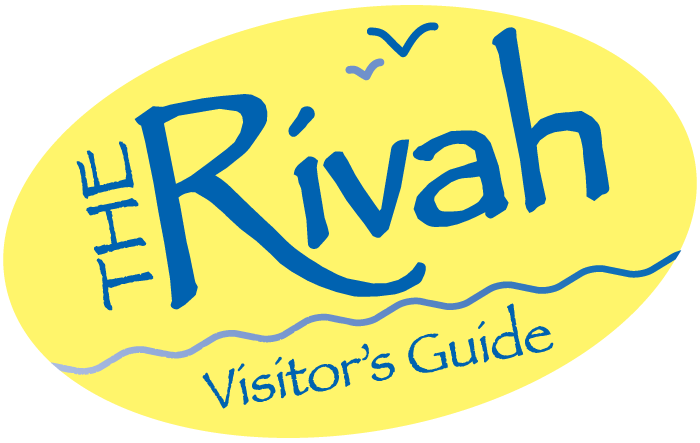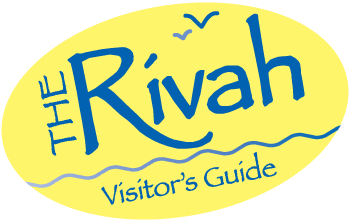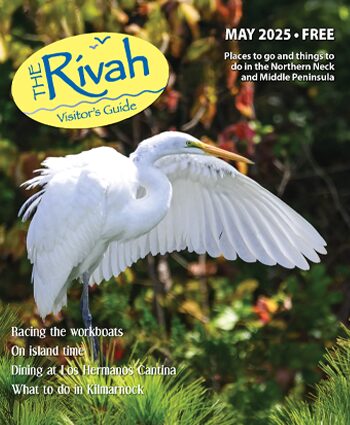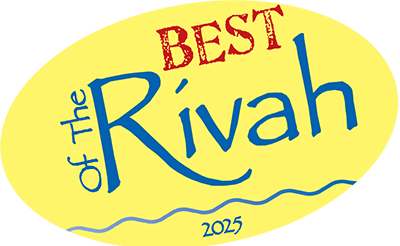The Middle Peninsula African-American Genealogical and Historical Society (MPAAGHS) will meet virtually at 11 am. Saturday, January 13.
The meeting will feature a talk by historian Alan S. Taylor about his book, The Internal Enemy: Slavery and War in Virginia, 1772-1832. This story of slavery and freedom in the Chesapeake Bay region reveals the pivot in the nation’s path between the founding and Civil War, with an emphasis on the impact that enslaved people in Virginia had on the War of 1812, reported Bessida White.
To receive an invitation, email mpaaghs.va@gmail.com or call 651-8753.
The Internal Enemy: Slavery and War in Virginia, 1772-1832 addresses the paradoxical and complex subject of slavery in a state dedicated to ideals of liberty and freedom yet that still enslaved two-fifths of its population, said White.
As the book’s title suggests, white Virginians viewed their enslaved populations as an “internal enemy,” enticed by the British to run away from their enslavers and mount an armed rebellion against them during the American Revolution. Therefore, when the British returned to the Chesapeake during the War of 1812, invading plantations and freeing the enslaved, Virginians faced another wave of fear of this “internal enemy” that further deepened the state’s commitment to slavery in the early decades of the 19th century.
Frederick Douglass recalled that enslaved persons living along the Chesapeake Bay longingly viewed sailing ships as “freedom’s swift-winged angels.”
In 1813, those angels appeared in the bay as British warships coming to punish the Americans for declaring war on the empire. Hundreds of enslaved persons paddled out to the warships seeking protection from the ravages of slavery. The runaways pressured the British admirals into becoming liberators. As guides, pilots, sailors and marines, the formerly enslaved used their knowledge of the countryside to transform the war. They enabled the British to escalate their onshore attacks and to capture and burn Washington, D.C.
Drawn from new sources, Dr. Taylor’s narrative re-creates the events that inspired black Virginians, haunted slaveholders and set the nation on a new and dangerous course. Published in 2013, The Internal Enemy won the Pulitzer Prize for History, the Merle Curti Prize (OAH), and was a finalist for the National Book Award for non-fiction.
Taylor has a doctorate from Brandeis University. He is a specialist in the early history of the U.S. and has written extensively about U.S. colonial history, the American Revolution and the early American Republic. The author of seven books, he is the winner of numerous awards, including two Pulitzer Prizes and the Bancroft Prize. Since 2014, Dr. Taylor has held the Thomas Jefferson Chair in American History at the University of Virginia. Prior to that time, he was a professor of history at the University of California, Davis.





